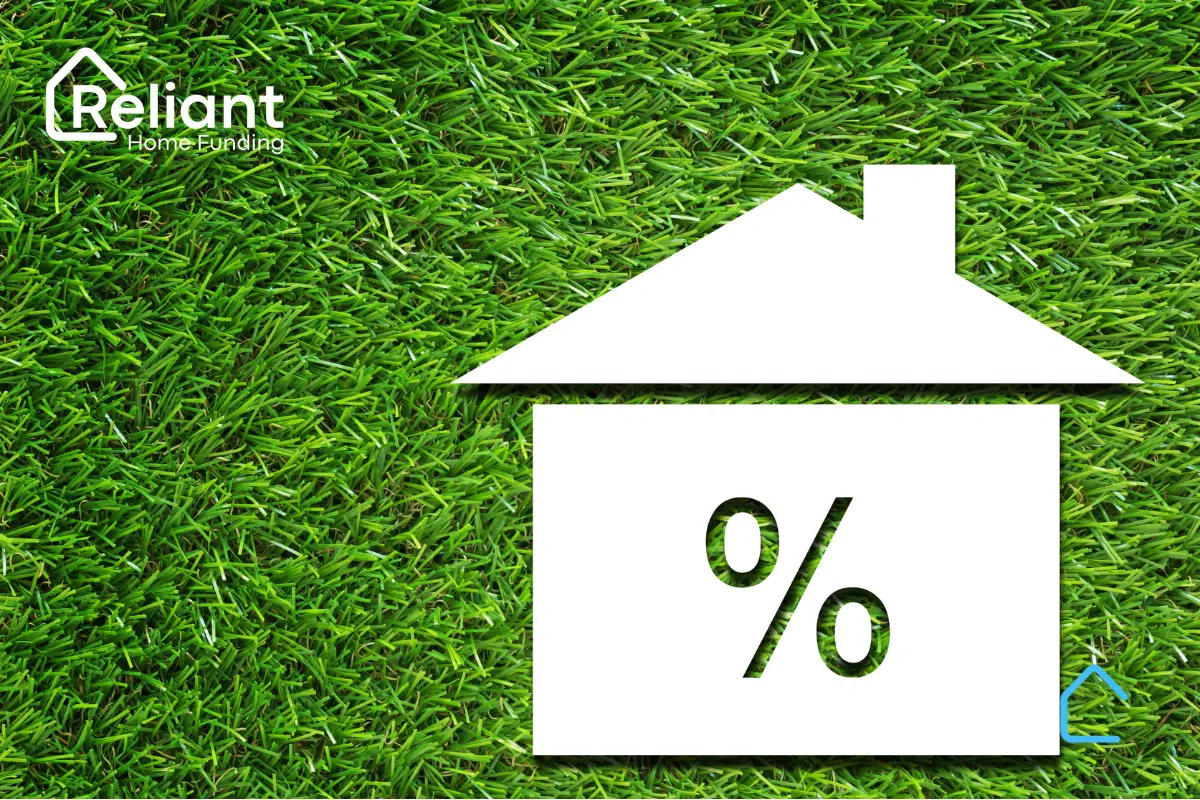Becoming a homeowner is one of the most significant investments you can make in a lifetime. But what happens when you need to move on from your property? Should you rent or sell your house? This decision can be a tricky one to make, but I’m here to help you navigate the pros and cons of both choices.
Firstly, let’s discuss the option of renting your house – a popular choice for those who might not want to sell their property just yet. Renting can provide a steady stream of income each month, which can help cover your mortgage payments, property taxes, and maintenance expenses. Not to mention, you’ll still own a valuable asset that has the potential to appreciate in value over time. However, being a landlord is not for everyone. It can be stressful to manage tenants, handle repairs promptly, and keep up with legal regulations. Plus, if the housing market suddenly takes a turn for the worse, you’ll have to depend on rent payments to cover your expenses, which can be unstable.
On the other hand, selling your house can offer a more significant profit in a shorter amount of time. If you sell at a good time in the market, you might be able to make a substantial profit. Additionally, you’ll no longer have to worry about maintenance fees or dealing with tenants. But, keep in mind that buying and selling property involves various costs, such as real estate agent fees, legal fees, and taxes. You may also regret selling if the market takes off after you’ve sold.
Another factor to consider is your long-term plans. If you’re looking to move back into the house eventually, renting might be the better choice. By law, your tenants can only occupy your property for a specific duration, allowing you to regain possession of your property when you’re ready. This approach can be particularly beneficial if you need to move away for work or personal reasons but intend to come back to your property at some point. On the other hand, if you’re looking to downsize, upsize, or move into a new area, selling your property would be an excellent option as it frees up your finances.
Lastly, let’s talk about the market conditions. If the market favors sellers, it’s probably a good time to sell your property. However, if it’s a buyer’s market, it might be worth delaying your decision to sell. Instead, you can consider renting out your property while you wait for the market to improve. In a rental market, you’ll have more control over rent increases and won’t lose equity to a depreciating asset.
Ultimately, deciding whether to rent or sell your house is a personal choice that depends on your circumstances. It’s essential to think about your long-term goals, financial situation, and the current state of the housing market. Renting your property can provide a consistent income stream, but it comes with its own set of responsibilities. On the other hand, selling your house can give you a more significant payout in a shorter period of time. No matter what you choose, remember that it’s always wise to seek professional advice from a real estate agent or a financial advisor before taking any definitive steps. Happy house hunting!



